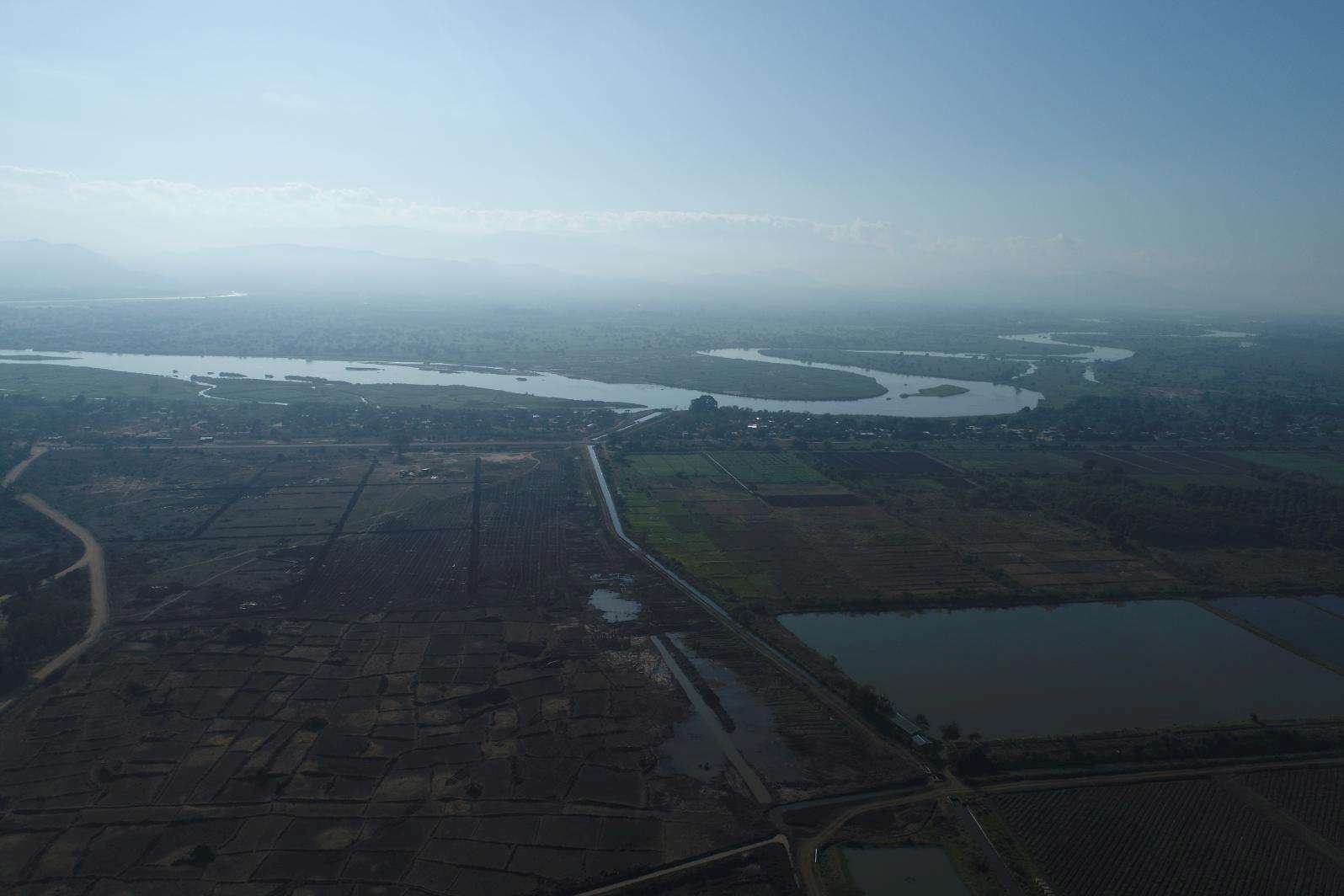The turnaround of Kasinthula:
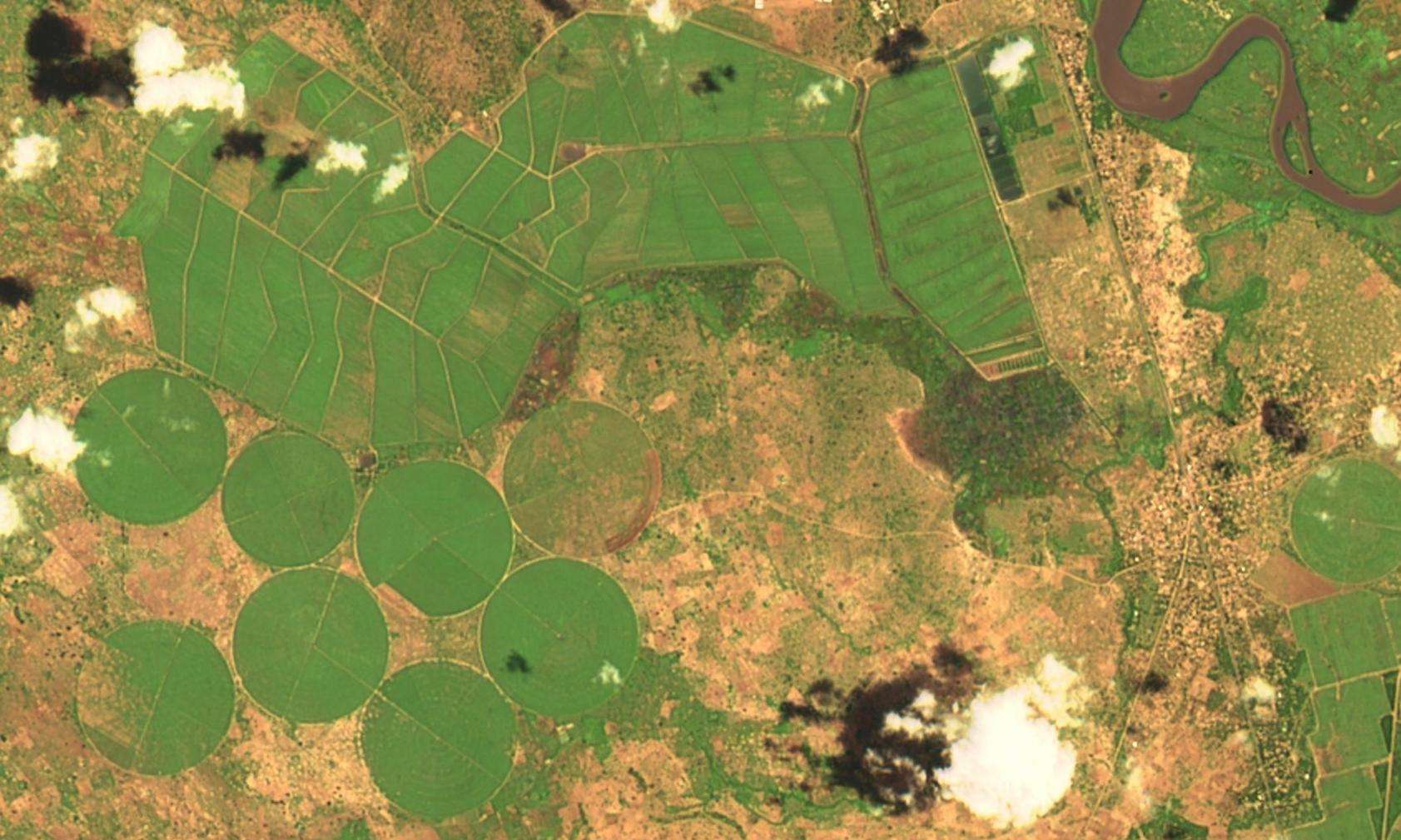
Drive around Kasinthula today and it’s hard to imagine that three years ago it was on the brink of ruin. On one side of the road, vivid green cane, four metres high, sways in the wind as far as the eye can see. On the other side, a tractor prepares a field for replanting. In the distance, farm workers stack long brown cane into neat piles. Huge trucks will arrive later to collect it, trundling down the road to the country’s biggest sugar mill. The 1,429 hectare sugarcane scheme is thriving in the heat of the Chikwawa valley, Southern Malawi. The Shire River, glistening on the horizon, provides ample water for round-the-clock irrigation. Neat canals provide water to some fields, others are sprayed by pivot irrigators, in between which local farmers have planted maize and beans for their families.
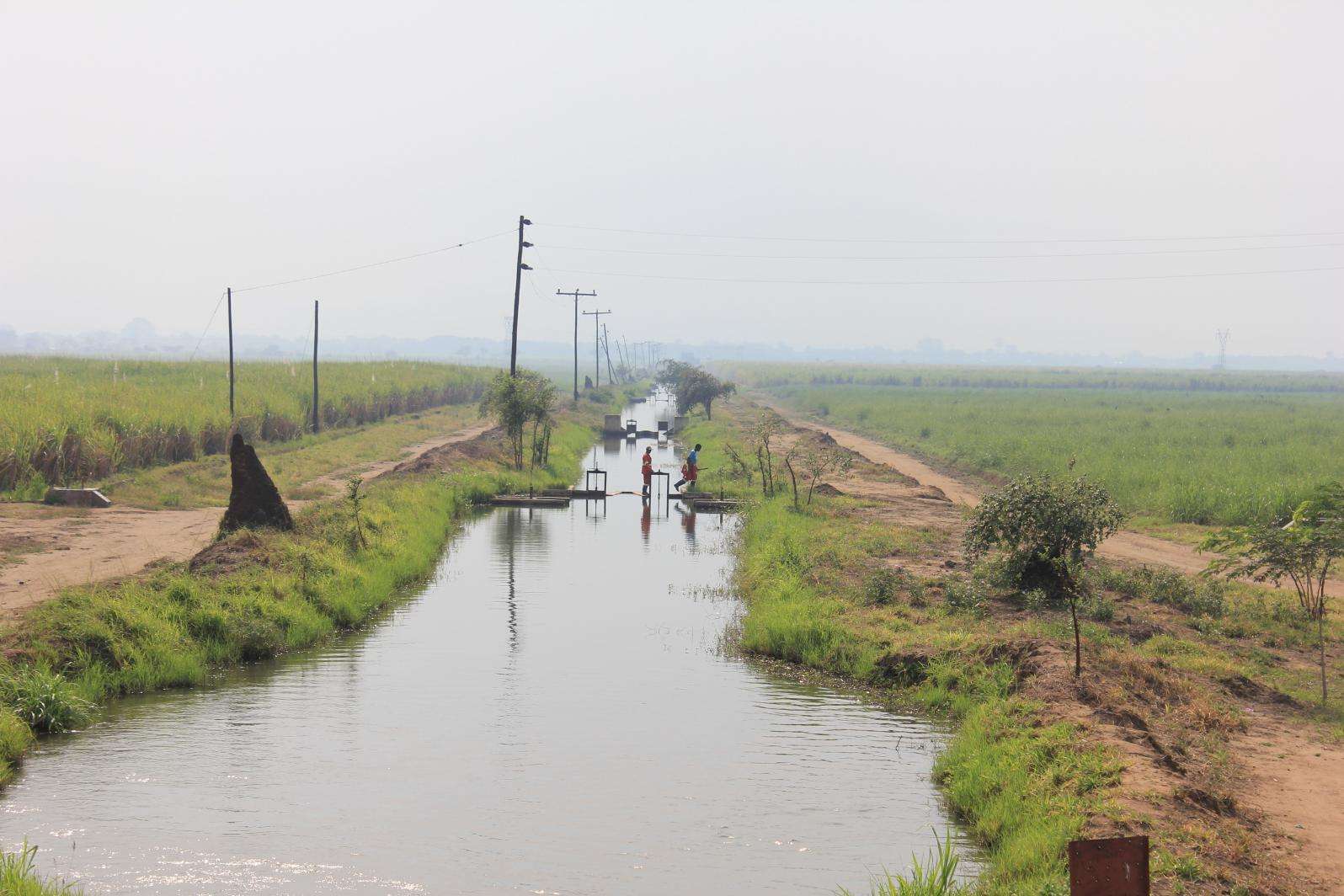
Kasinthula is owned by 762 smallholder farmers. In 1997 they pooled their land to create the Kasinthula Cane Growers Association (KCGA) and turned their largely unproductive fields into a commercial sugarcane scheme. Initially the scheme thrived. It was the first Fairtrade accredited plantation in Malawi, giving farmers access to Fairtrade premiums, in addition to dividend payments from Kasinthula’s profit.
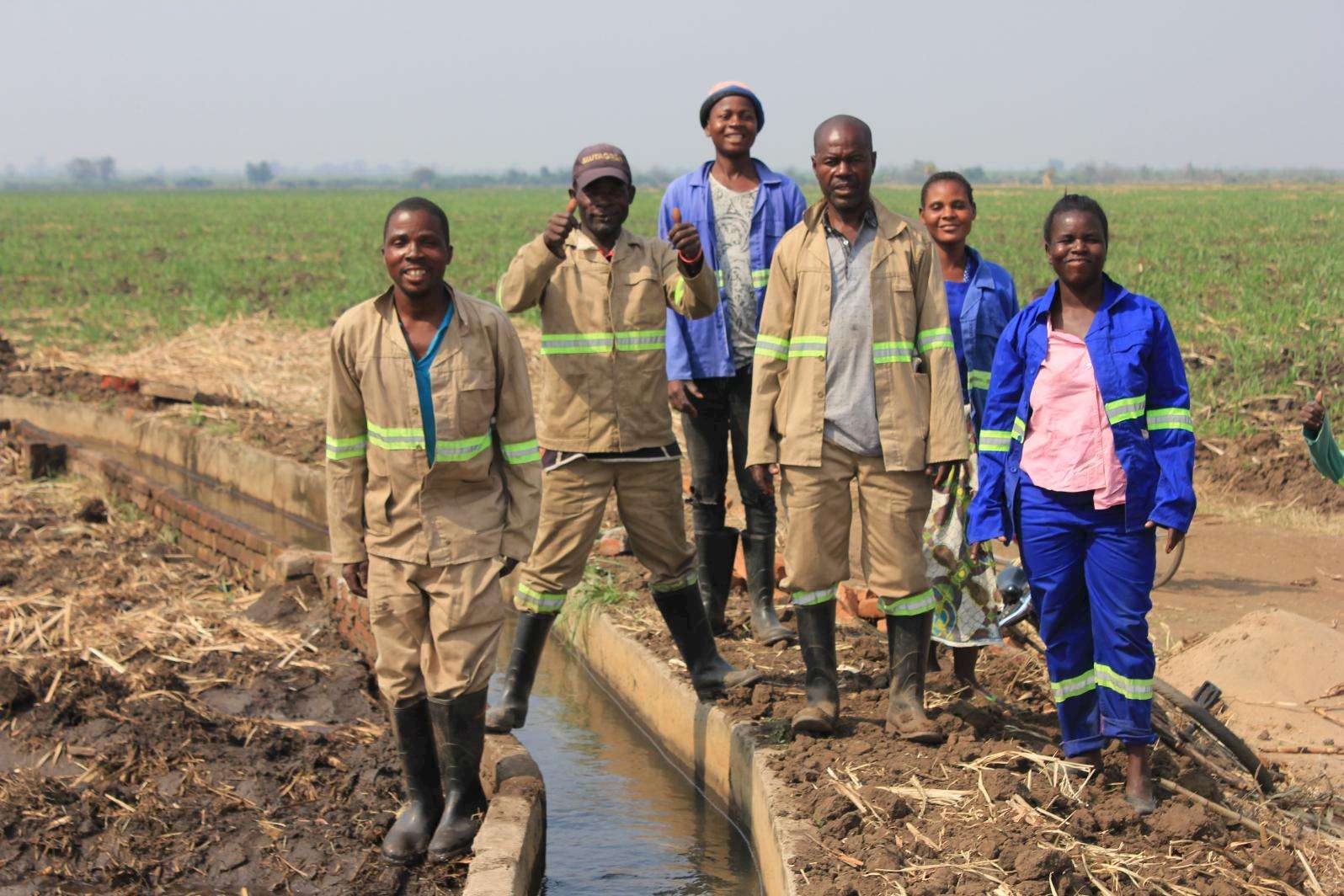
Fast-forward two decades and Kasinthula was in nearly US$ 1 million of debt. The initial loan with which Kasinthula was established was never cleared. The electricity was cut off, water pumps sat redundant, the sugar cane wilted. By 2019 yield had fallen to 49, 000 tonnes, from a peak of 135,000 tonnes.
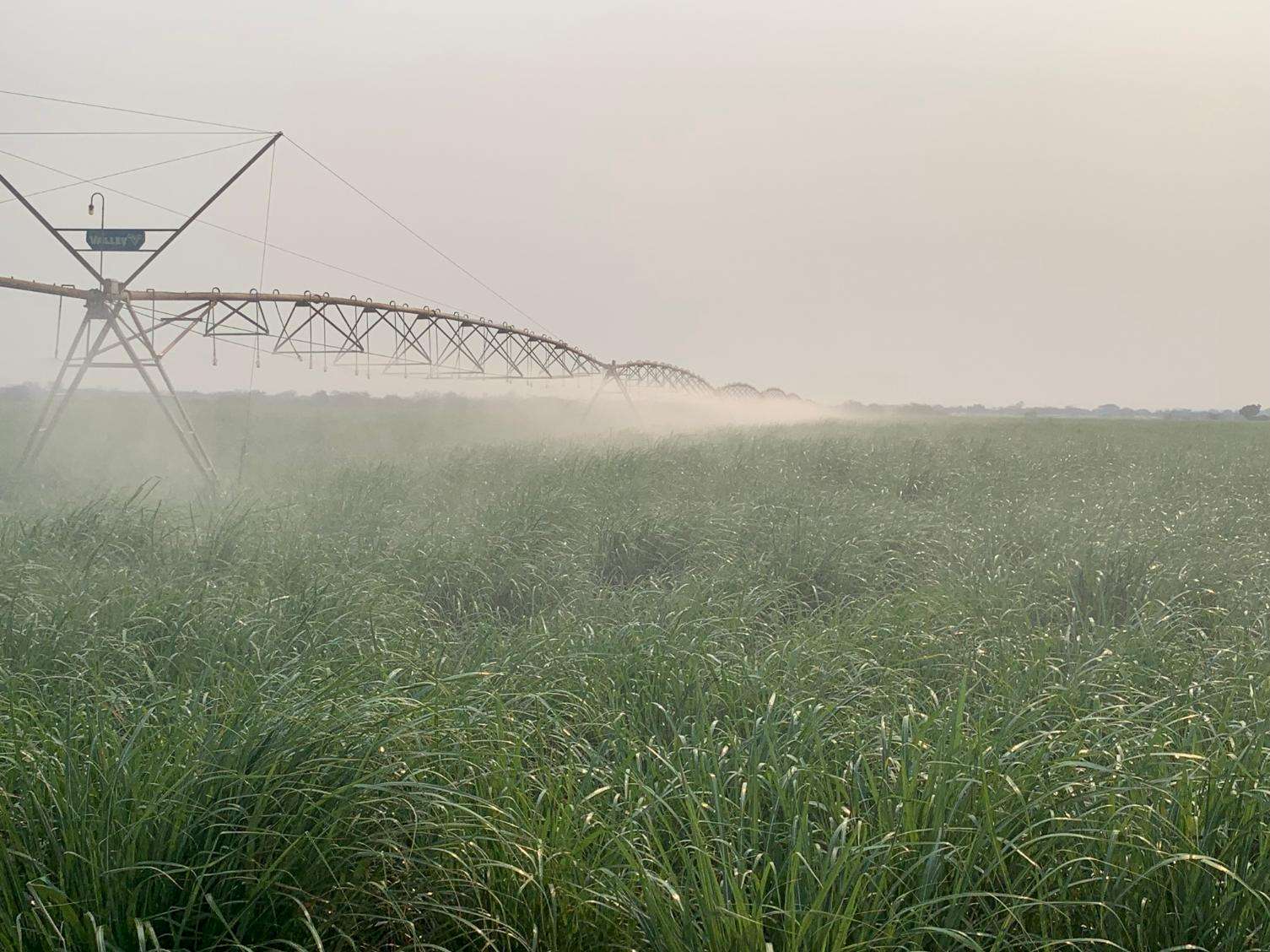
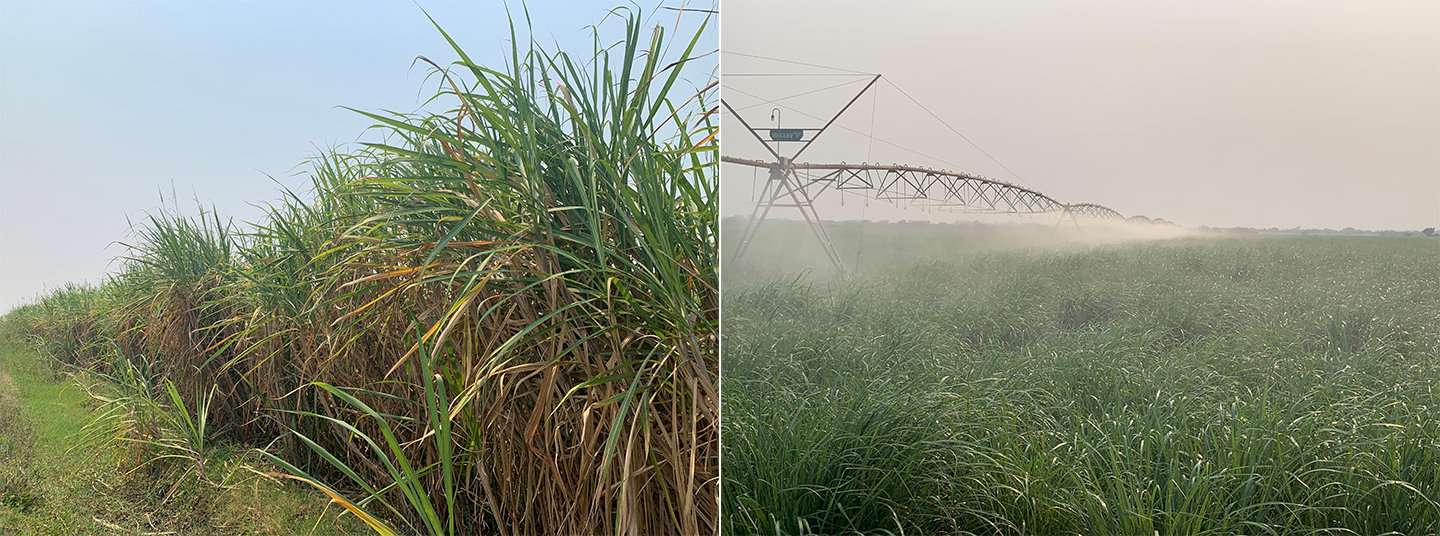
Kasinthula October 2021
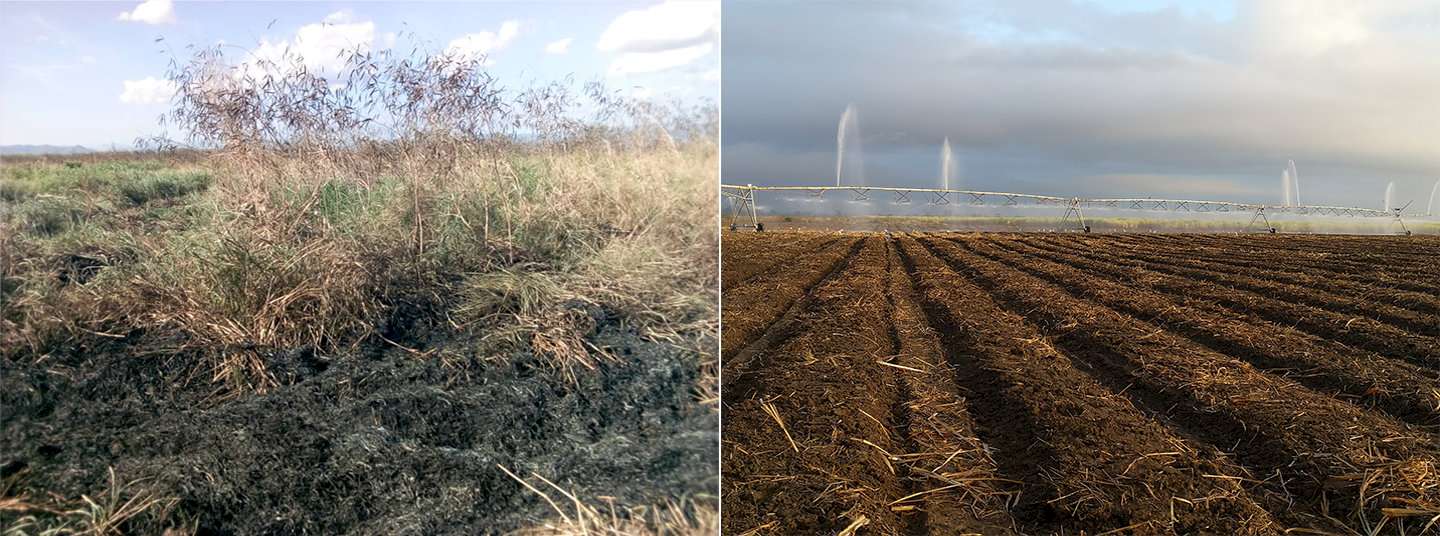
Kasinthula February 2019
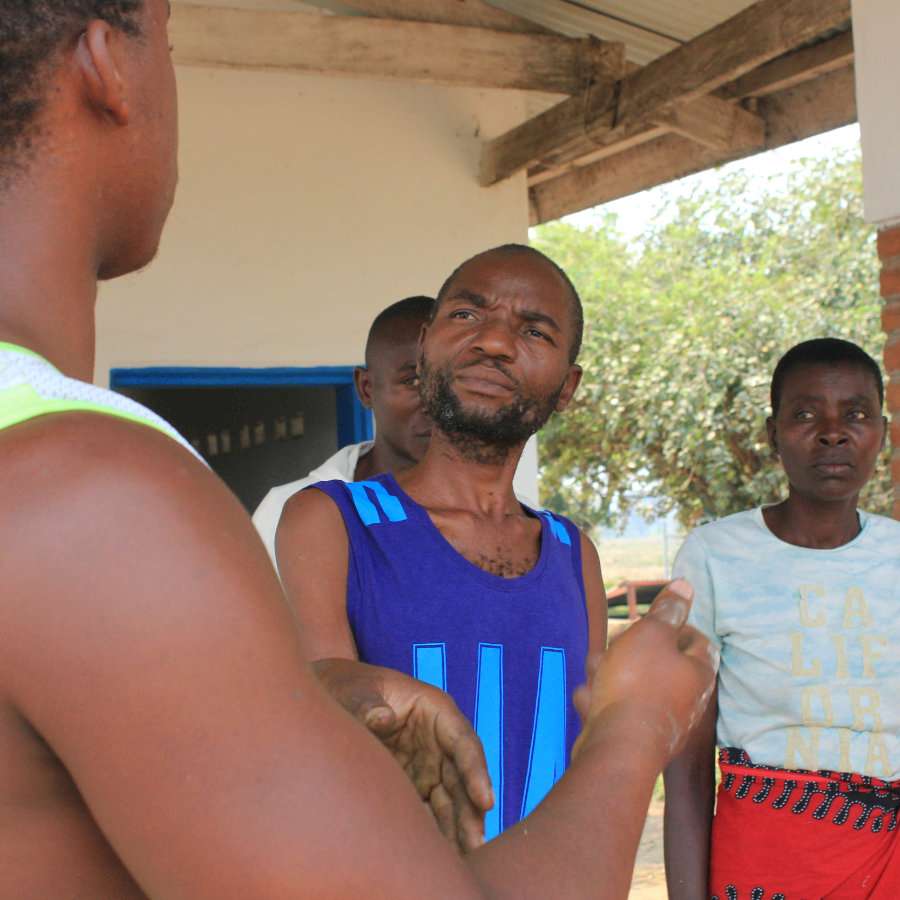
‘The farmers were desperate’ says Aubrey Chilenje, an original farmer member and now KCGA Chairman. ‘Kasinthula was our only income and the dividends stopped because the debt was unsustainable. Farmers who were employed in the fields went to work for eight months with no pay. That’s how badly they wanted those jobs.’
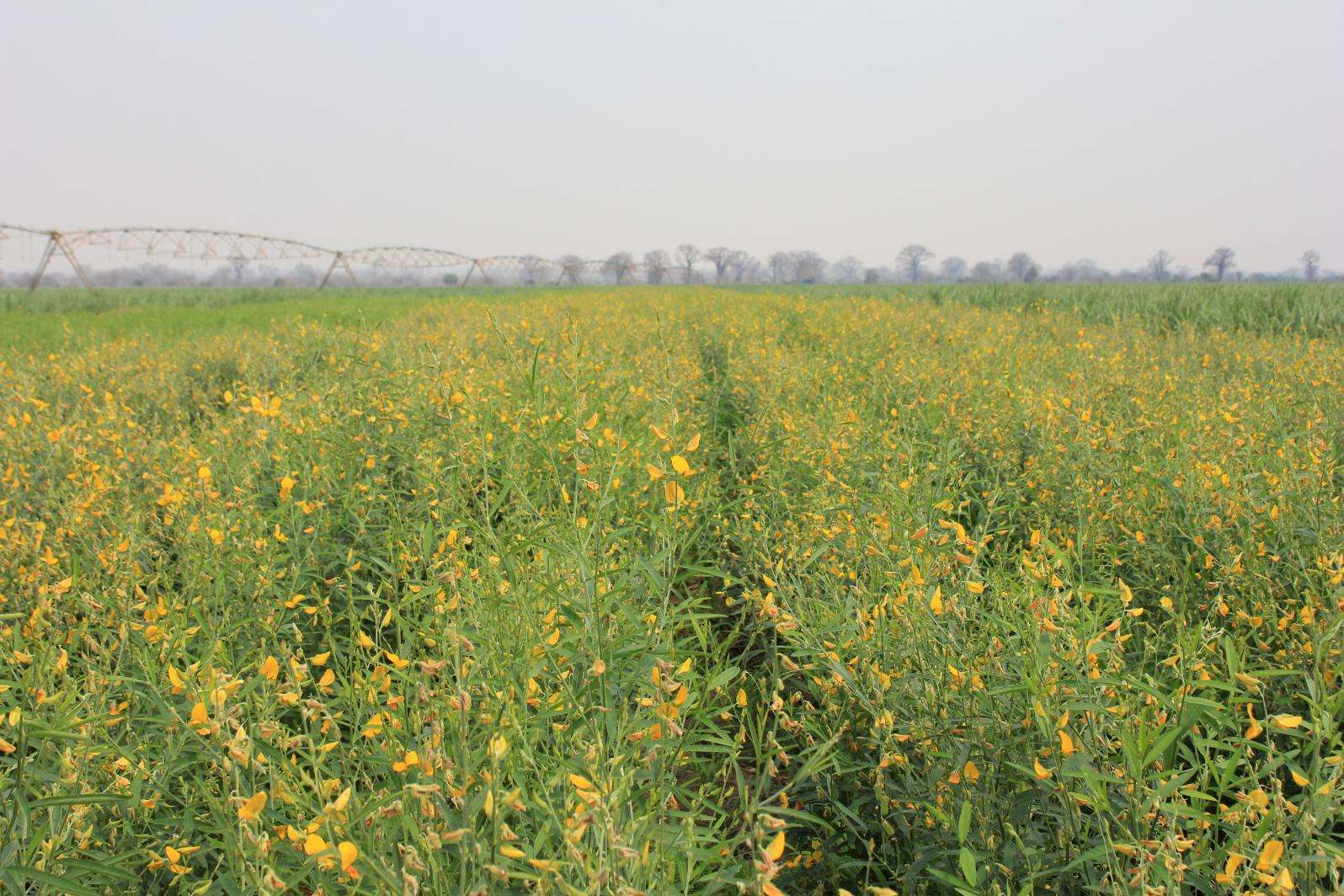
A few kilometres down the road, the fortunes of another smallholder-owned sugarcane scheme were looking very different. The Phata Sugarcane Cooperative was established in 2013 by professional farm management company Agricane, with a grant from the European Union, and investment from AgDevCo. In 2016 Phata expanded, taking membership to more than 1000 farmers. It was consistently profitable and by 2019 Phata had paid US$ 6.5 million in dividends to its members. Little wonder their neighbours at Kasinthula, on the brink of bankruptcy, asked Agricane to partner with them. Agricane agreed, turning to AgDevCo to see if finance could be raised.
‘I clearly remember driving around Kasinthula, thinking this is almost beyond repair,’ says Jim Henderson, AgDevCo’s Southern Region Director. ‘The irrigation canals were cracking, the centre pivots had been vandalised. The majority of cane had died and where there was some left, the fields were so overgrown you could barely see it. But we knew it had potential. Kasinthula community wsa so committed and Phata was a vision of what it could look like. That gave me confidence we could turn the scheme around.’
Weeks of negotiation with creditors ensued. ‘We had to verbally convince them there was potential for a thriving business,’ says Henderson. ‘We had to get everyone on board - from the Malawi Revenue Authority, to ESCOM, to the bank - because only then would we get the right finance for a recovery plan. The UK Government gave us a US$ 1 million grant which was critical for de-risking those early stages and kick-starting the rehabilitation work. AgDevCo put in the remaining US$ 4 million, and Agricane came on board as the professional management company. This allowed the farmers to get back to work and realise their potential of their scheme.’
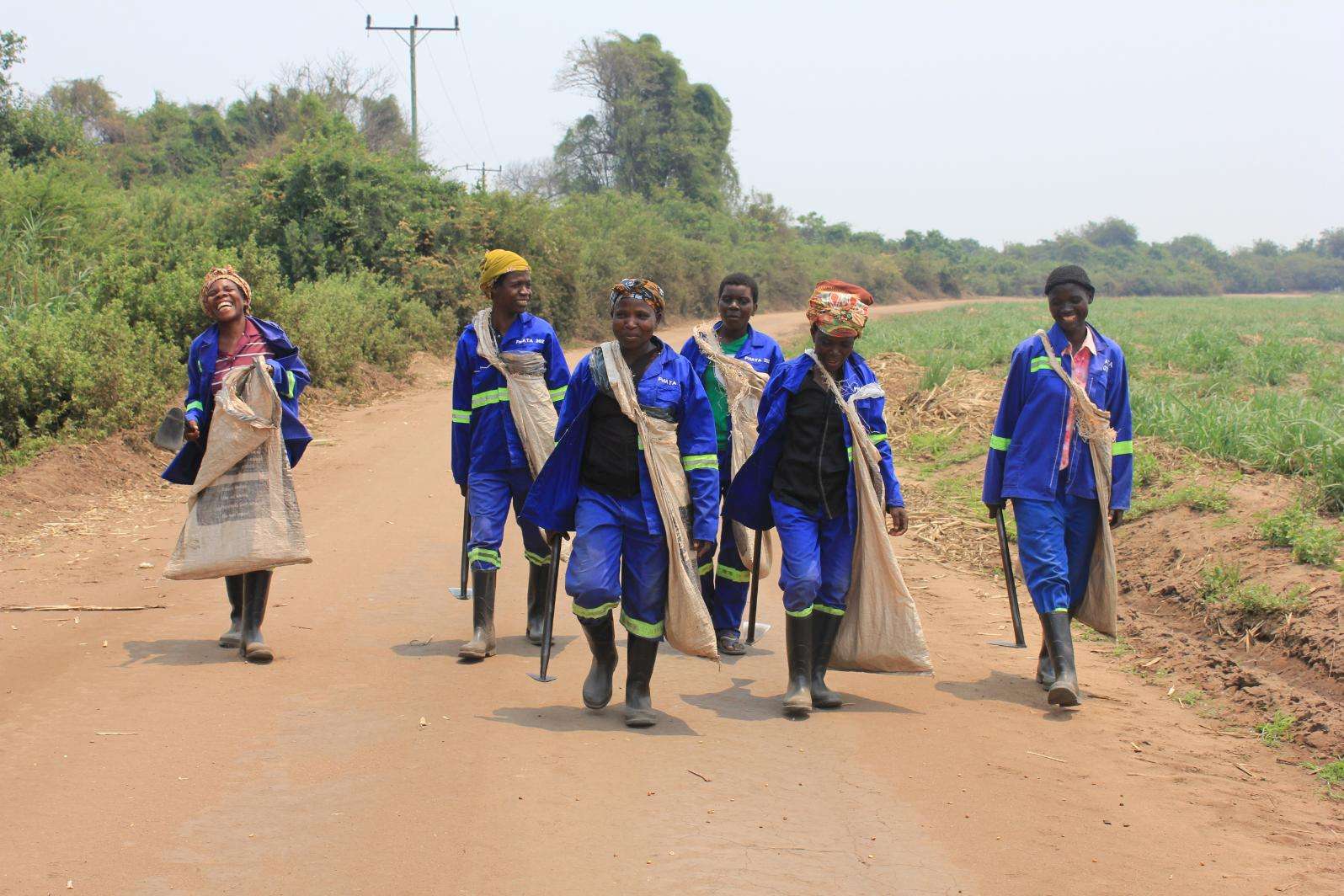
‘There was relief all over,’ remembers Charles Chavi, Trust Administrator. ‘Without the new investment we would have closed for sure. As much as Agricane and AgDevCo are new management, we also saw them as change agents. Our organisation needed that kind of independence and experience managing commercial scale farms.’
An ambitious rebuilding programme began, starting with the pump house at the Shire river. Canals were repaired, dams were drained and cleared of silt, roads were re-graded.
A complete replanting of the scheme is set to be completed in 2022, when yields are projected to reach 135,000 tonnes, up from 43,000 tonnes in 2019.
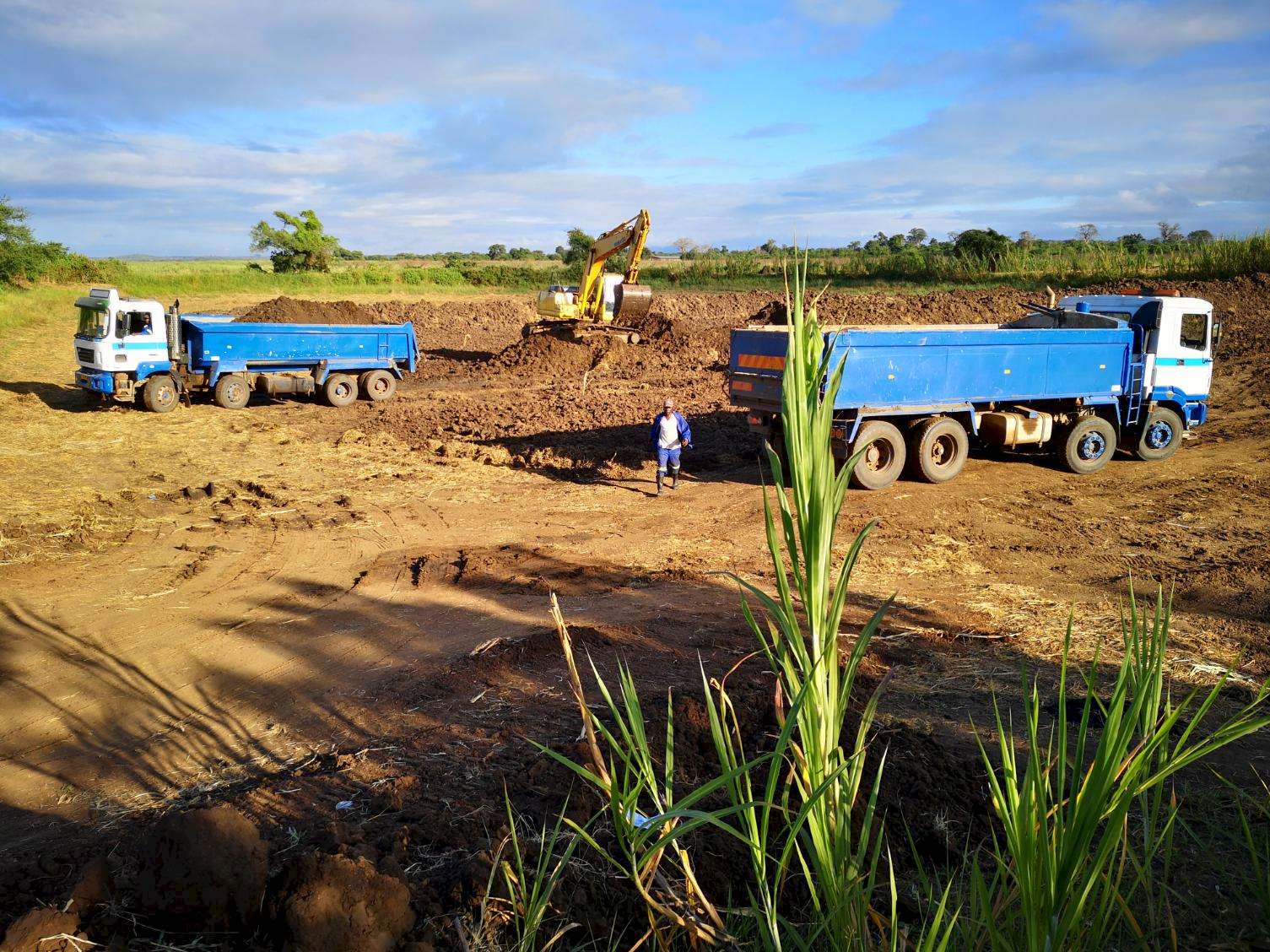
‘I think the past 5 years has been a lesson to us all,’ says Charles Chavi. ‘The thinking has started to change. Look at how the farmers’ Executive Committee is using the Fairtrade bonus - they are moving from social projects, to income-generating projects. They’re becoming more business minded. That alone for us is an achievement.’
2019
43,000
tonnes
2020
76,000
tonnes
2021
115,000
tonnes
2022 projection
130,000
tonnes

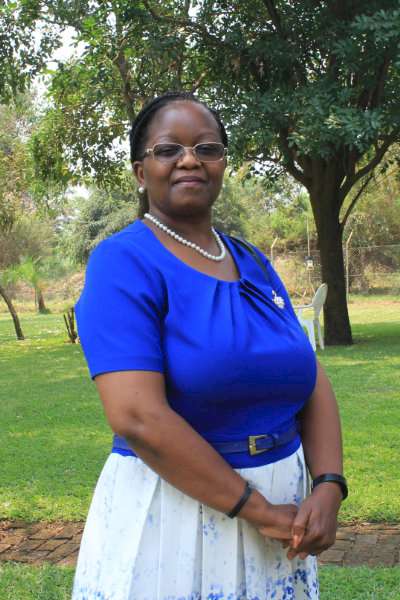
With vast new irrigation infrastructure set to come online in 2025, mostly funded by the World Bank, there is hope communities in other parts of the Shire Valley can learn lessons from Kasinthula and neighbouring Phata, which the World Bank cites as a model of success. Rachel Kawawa is the Chairperson of Phata’s Board. ‘This can be replicated in so many places across Malawi,’ she says. ‘But awareness of what can be achieved and where to get assistance is lacking. The likes of Agricane and AgDevCo can provide that information, it just needs the right people to go in with the right money and the necessary support.’
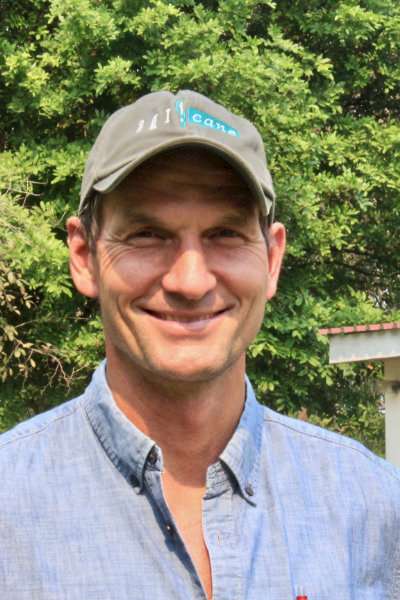
Bouke Bijl, Managing Director for Agricane, says there are lessons from Phata and Kasinthula for the entire region. ‘This success is highly replicable if you have the key ingredients in place.’ he says. ‘There are the physical elements - water, soil, the right weather - and then you need a structured agreement with a reliable commercial off-taker. This opens the door to finance. The community has to be willing to engage and they have to be empowered to chose an operating model themselves. At that point transparent, digital land registration becomes the absolute foundation. If you don’t have that you end up with constant conflict. Finally, you bring in a technical partner, a professional management company to do the operations. Farmers can’t be expected to do that piece by themselves.’
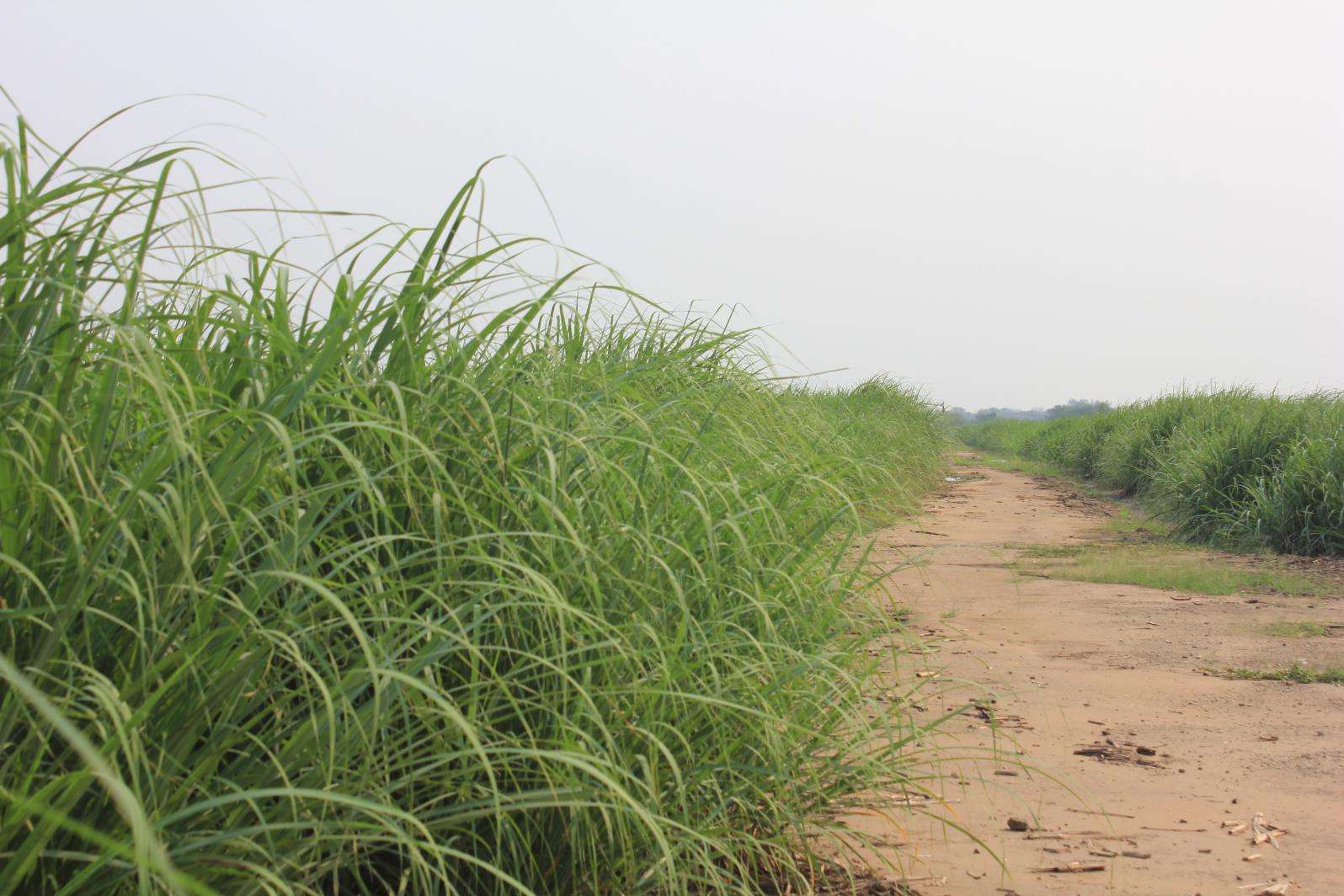
Back at Kasinthula, all creditors have been repaid and farmers are anticipating their first dividend payments for five years. ‘It was extremely hard work,’ Jim Henderson reflects. ‘But looking back now I am proud of what we have achieved together. Kasinthula shows what can be done with the right combination of soft money, patient capital and hands-on technical support. I was born here, Malawi is my home. I want to be a part of investments like this that will reap success for farmers long after AgDevCo has exited.'
